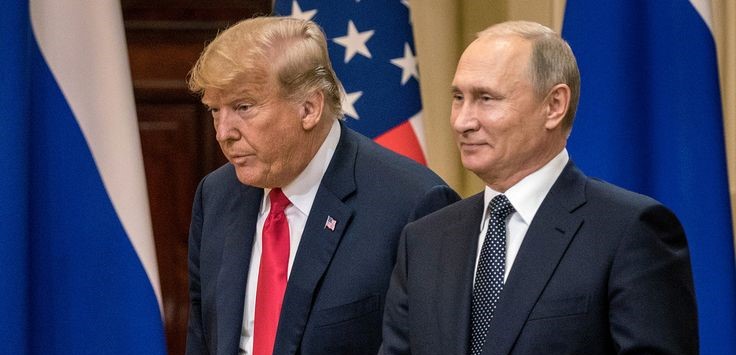Washington, D.C. – In a dramatic escalation of U.S. involvement in efforts to end the war in Ukraine, former U.S. President Donald J. Trump has issued an ultimatum to Russian President Vladimir Putin: agree to a ceasefire in Ukraine within 30 days or face a new wave of economic and geopolitical pressure.
Speaking at a press conference at the Trump National Golf Club in Bedminster, New Jersey, the former president—who is campaigning for a return to the White House in the upcoming 2024 election—stated that his team had engaged in informal backchannel communications with Russian officials and conveyed a firm timeline for de-escalation in Ukraine.
“This war has gone on far too long. It’s time for peace, and if Putin doesn’t agree to stop the bloodshed—quickly—he will face consequences like never before,” Trump said. “Thirty days. That’s the deadline.”
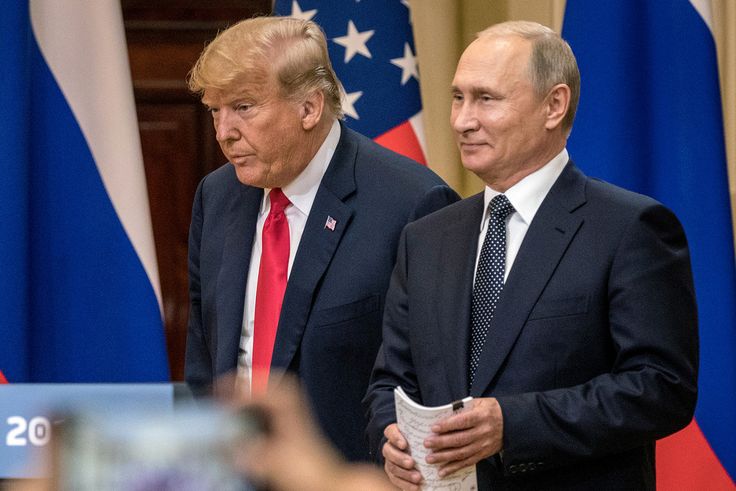
A Controversial Move
The announcement has already sparked intense debate among U.S. lawmakers, NATO leaders, and international observers. While Trump is not currently in office, his influence on global affairs remains strong due to his high profile and the possibility of his re-election. His direct challenge to Putin comes amid increasing calls for diplomatic solutions to the war in Ukraine, now entering its third year.
Trump did not clarify what specific actions would be taken if Russia ignores the deadline, but hinted at a combination of intensified sanctions, international isolation, and support for “new defensive strategies” in Ukraine. Some analysts interpreted his remarks as a signal to European allies and a warning to Moscow that the West may not tolerate continued aggression indefinitely.
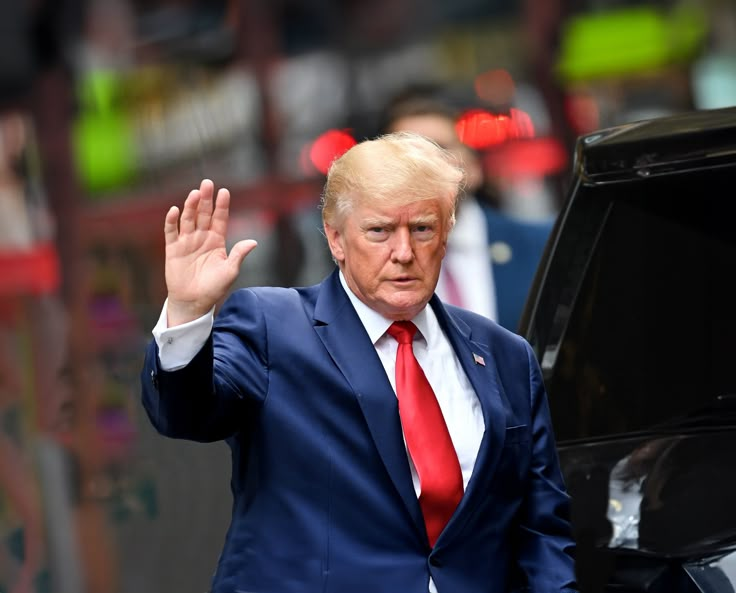
Backchannel Diplomacy
According to sources close to the Trump campaign, former administration officials and private advisors have been engaged in unofficial conversations with both Ukrainian and Russian intermediaries. Though not sanctioned by the current U.S. government, these contacts reportedly laid the groundwork for Trump’s ceasefire proposal.
“There are people who respect President Trump in Moscow,” said one source familiar with the discussions. “They understand that if he returns to office, there will be a different approach—more assertive, more direct. This is the first step.”
The Biden administration, however, swiftly distanced itself from Trump’s declaration. White House Press Secretary Karine Jean-Pierre said in a briefing: “The United States government does not negotiate through private citizens. President Biden continues to support Ukraine’s sovereignty and its right to defend itself.”
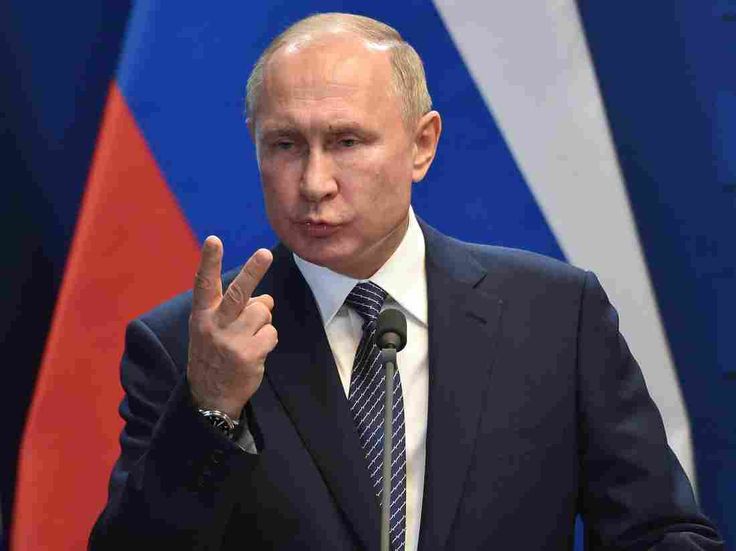
Mixed Reactions from Kyiv and Moscow
In Ukraine, President Volodymyr Zelensky’s office offered a cautious response, saying they welcomed “all genuine efforts to end the war,” but emphasized that any ceasefire must include the full withdrawal of Russian forces and the restoration of Ukrainian territorial integrity.
“We are not seeking a pause in hostilities,” Zelensky stated in a video message. “We are seeking peace with justice. Russia cannot be allowed to keep what it has taken through force.”
Kremlin officials were more dismissive. In a statement issued by Russian Foreign Minister Sergey Lavrov, the Russian government called Trump’s ultimatum “election theater” and said Russia would “continue its special military operation until its objectives are met.”
Despite the sharp tone, insiders in Moscow acknowledged Trump’s influence. “Putin respects power, and Trump projects that,” said a European intelligence official who monitors Kremlin activity. “They may not agree, but they understand each other.”
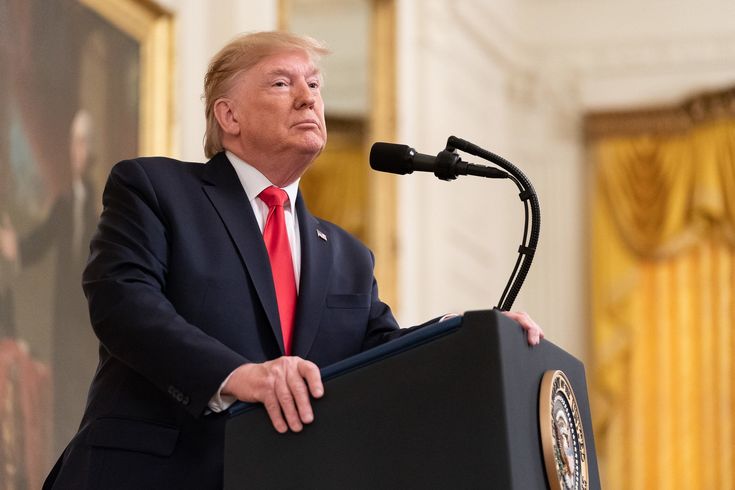
A Return to Trumpian Diplomacy?
Trump’s demand for a ceasefire marks a return to the kind of bold, unilateral diplomacy that characterized his presidency. During his term, Trump repeatedly expressed admiration for Putin’s strength while also claiming to have kept Russia in check through energy independence and military readiness.
His approach to foreign policy often bypassed traditional diplomatic channels in favor of direct leader-to-leader communication. In 2018, he held a controversial summit with Putin in Helsinki that drew criticism from both Democrats and Republicans for appearing overly conciliatory.
Now, as he seeks re-election, Trump is betting that voters will support his promise to end the Ukraine war “in 24 hours,” a claim he has made repeatedly at campaign rallies.
“I know Putin. I know Zelensky. I know how to make a deal. Biden doesn’t,” Trump said during his recent press conference. “We’re going to stop this war fast. But only if the world gets tough.”
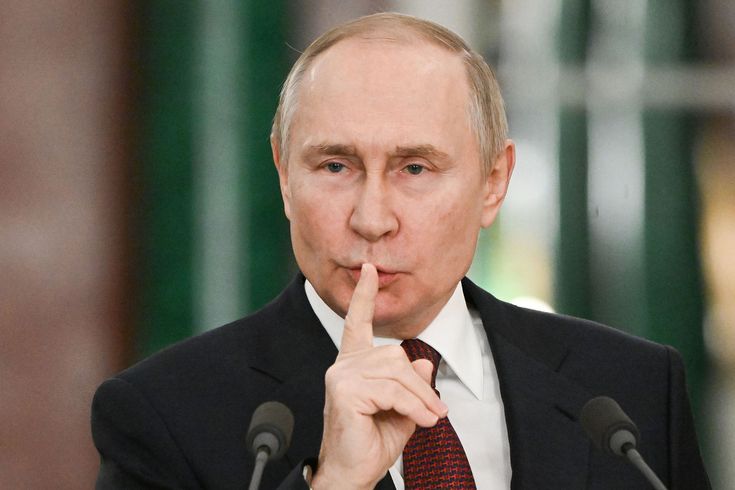
What Would a Ceasefire Look Like?
Foreign policy experts remain divided over whether a Trump-brokered ceasefire is realistic—or desirable.
“A ceasefire without terms is just a pause,” said Dr. Fiona Hill, a former Trump advisor and Russia expert. “If Russia retains territory, it’s a victory for aggression. Trump may be trying to force a deal, but Ukraine wants a peace that restores its borders.”
Others believe a ceasefire could reduce civilian suffering and pave the way for broader negotiations.
“Wars end at the table, not on the battlefield,” said retired U.S. General Barry McCaffrey. “If Trump can use his leverage with Putin to bring both sides to serious talks, that’s worth exploring.”
Still, critics fear that Trump’s public ultimatum could backfire by emboldening Putin or undermining current U.S. foreign policy. Democratic Senator Chris Murphy tweeted: “This isn’t leadership. It’s freelancing. It sends a confusing message to allies and plays right into Putin’s hands.”
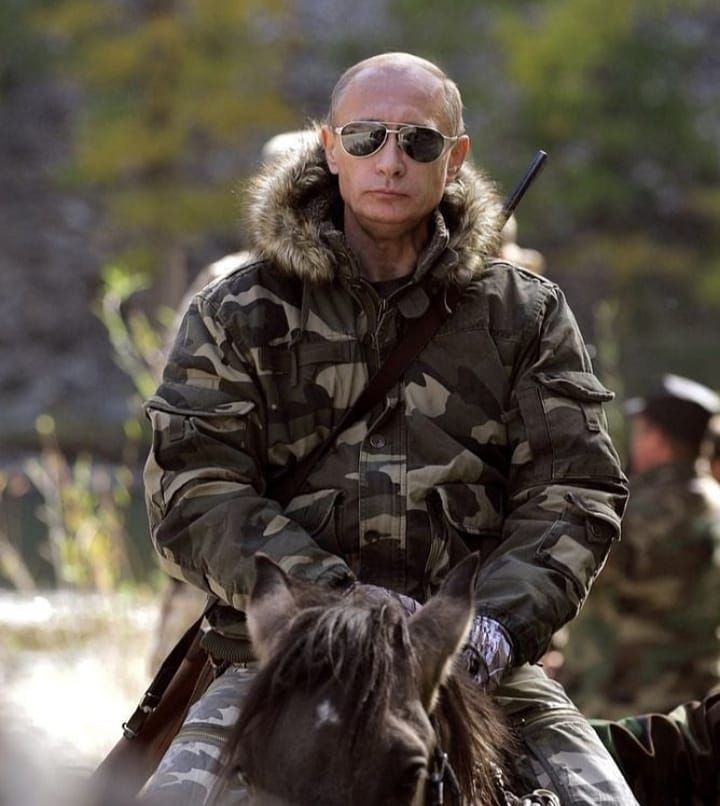
European Allies Caught Off Guard
Trump’s announcement also caught NATO allies off balance. European diplomats expressed concern that a unilateral American approach could complicate coordinated efforts to support Ukraine.
“It’s critical that any peace initiative be unified, not dictated by one person,” said a senior EU official. “We want peace too—but peace that’s lasting and just.”
German Chancellor Olaf Scholz offered a more measured response, saying he would “monitor developments closely” while reaffirming support for Ukraine.
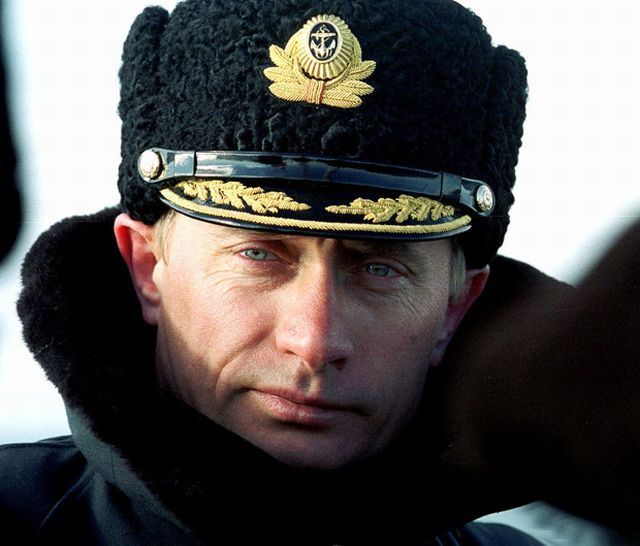
Countdown Begins
With the 30-day clock now ticking, the international community is watching to see how Putin will respond—and whether Trump’s bold gambit will alter the trajectory of the war.
For many, the move has reinforced the unpredictable nature of modern geopolitics, where unofficial figures can exert outsized influence on matters of war and peace.
For Trump, it’s also a high-stakes political move. If his approach leads to meaningful dialogue or de-escalation, it could bolster his claims of being a master negotiator. But if it falters—or worsens tensions—it could be used as further ammunition by his critics.
Until then, the world waits—and the war grinds on.
